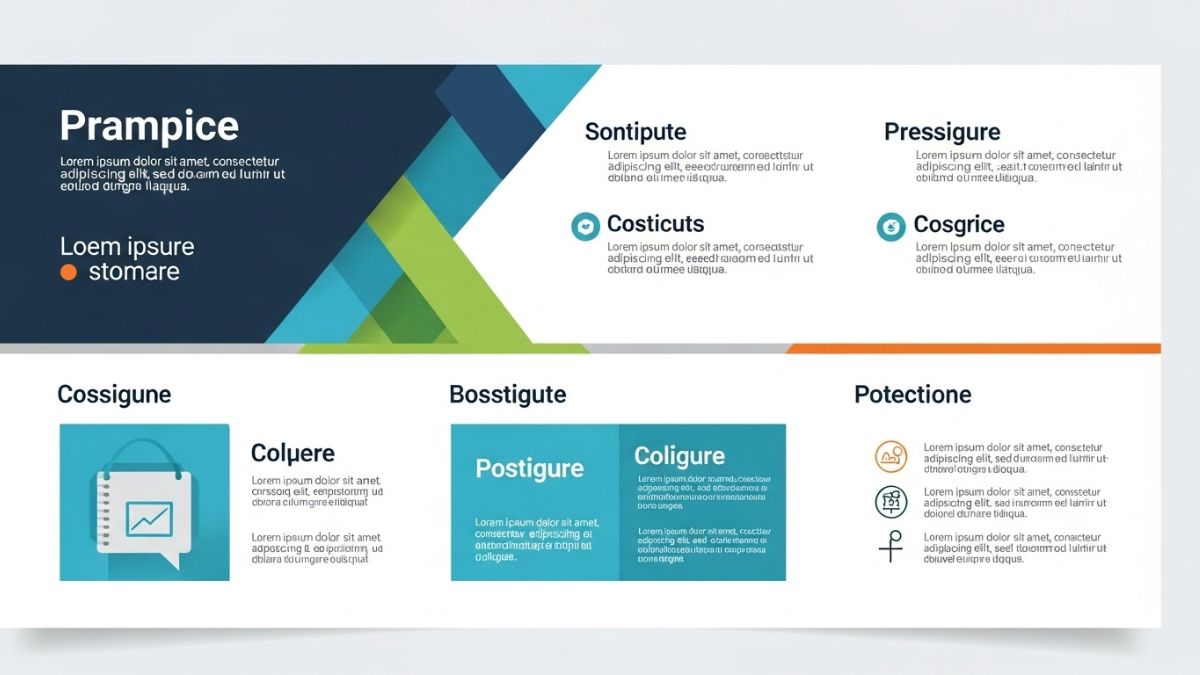We all know the drill — brush twice a day, floss (if we remember), and hope for the best at our next dental appointment. But even people who are diligent about brushing often overlook one simple, daily habit that can make or break their oral health: rinsing. According to a dentist Campsie residents trust, skipping this one step is more common than you’d think — and it could be holding back your overall oral hygiene.
Why Brushing Alone Isn’t Enough
Brushing is great for removing surface plaque and food particles, especially from the front and chewing surfaces of your teeth. But toothbrushes often miss the tight spaces between teeth and along the gumline — places where bacteria love to hang out.
This is where rinsing (and flossing) come in. While flossing helps with physical removal of debris between teeth, rinsing helps flush out lingering bacteria and freshen your breath in a way brushing alone can’t.
Regular rinsing with an alcohol-free, antibacterial mouthwash can significantly reduce your chances of gum disease, cavities, and even bad breath. And for people with braces, dental work, or limited dexterity, it’s a simple but powerful tool.
What Happens When You Don’t Rinse?
If you skip rinsing, you’re leaving behind a whole ecosystem of bacteria that can:
Skip
We all know the drill — brush twice a day, floss (if we remember), and hope for the best at our next dental appointment. But even people who are diligent about brushing often overlook one simple, daily habit that can make or break their oral health: rinsing. According to a dentist Campsie residents trust, skipping this one step is more common than you’d think — and it could be holding back your overall oral hygiene.
Why Brushing Alone Isn’t Enough
Brushing is great for removing surface plaque and food particles, especially from the front and chewing surfaces of your teeth. But toothbrushes often miss the tight spaces between teeth and along the gumline — places where bacteria love to hang out.
This is where rinsing (and flossing) come in. While flossing helps with physical removal of debris between teeth, rinsing helps flush out lingering bacteria and freshen your breath in a way brushing alone can’t.
Regular rinsing with an alcohol-free, antibacterial mouthwash can significantly reduce your chances of gum disease, cavities, and even bad breath. And for people with braces, dental work, or limited dexterity, it’s a simple but powerful tool.
What Happens When You Don’t Rinse?
If you skip rinsing, you’re leaving behind a whole ecosystem of bacteria that can:
- Eat away at your enamel
- Cause gum inflammation (gingivitis)
- Lead to long-term oral issues like periodontitis
- Contribute to bad breath that brushing alone won’t fix
Think of it like washing only half your face — you’re doing part of the job, but the hidden areas stay dirty.
A Simple Routine That Covers All the Bases
Here’s a quick, effective routine that takes less than five minutes and can massively improve your oral health:
Brush with fluoride toothpaste for at least two minutes.
- Cause gum inflammation (gingivitis)
- Lead to long-term oral issues like periodontitis
- Contribute to bad breath that brushing alone won’t fix
Think of it like washing only half your face — you’re doing part of the job, but the hidden areas stay dirty.
A Simple Routine That Covers All the Bases
Here’s a quick, effective routine that takes less than five minutes and can massively improve your oral health:
- Brush with fluoride toothpaste for at least two minutes.
- Floss to remove debris between your teeth.
- Rinse with a high-quality, alcohol-free mouthwash for 30–60 seconds.
- Repeat twice daily — morning and evening.
Consistency is more important than perfection. Even if you only manage to rinse once a day, doing it regularly can help tip the scales in your favor.
Pro Tips Most People Don’t Know
- Don’t rinse with water after mouthwash. It dilutes the active ingredients and reduces effectiveness.
Check the label. Look for mouthwashes that contain fluoride and are alcohol-free (alcohol-based rinses can dry out your mouth and cause irritation).
- Rinse with a high-quality, alcohol-free mouthwash for 30–60 seconds.
- Repeat twice daily — morning and evening.
Consistency is more important than perfection. Even if you only manage to rinse once a day, doing it regularly can help tip the scales in your favor.
Pro Tips Most People Don’t Know
- Don’t rinse with water after mouthwash. It dilutes the active ingredients and reduces effectiveness.
- Check the label. Look for mouthwashes that contain fluoride and are alcohol-free (alcohol-based rinses can dry out your mouth and cause irritation).
- Use before or after meals. Rinsing after lunch or dinner helps clean out trapped food when brushing isn’t convenient.
When to See a Dentist
Even the best at-home habits need backup. If you’re experiencing persistent bad breath, bleeding gums, or tooth sensitivity, it’s time to talk to a professional.
Good oral health isn’t just about avoiding cavities — it affects everything from your breath to your confidence and even your overall well-being. Adding a rinse to your routine is easy, affordable, and can have a big payoff over time.
So next time you brush, take one more minute and finish strong. Your future self (and your dentist) will thank you.















